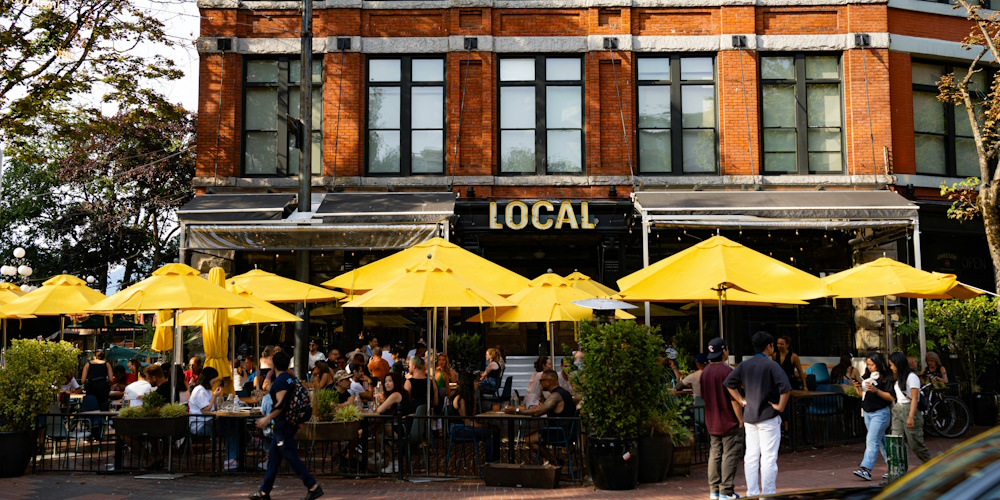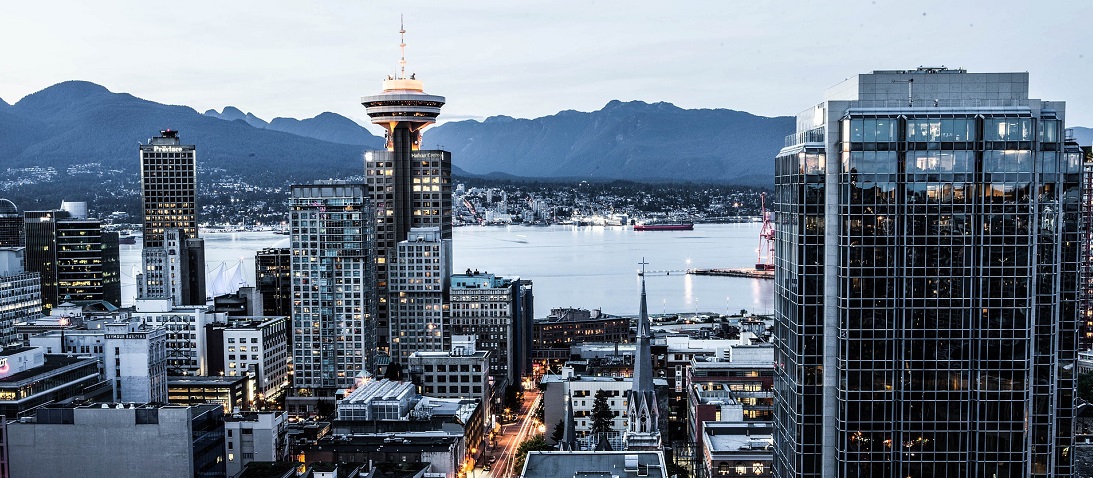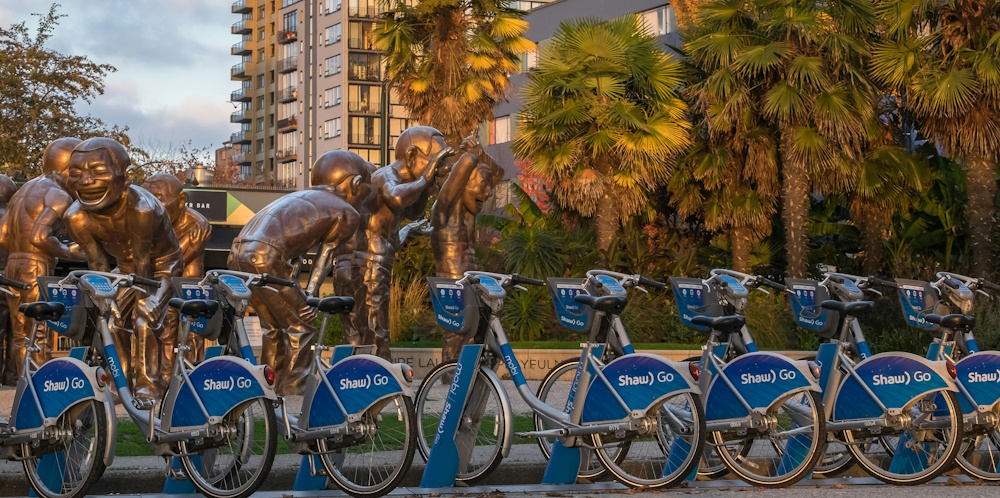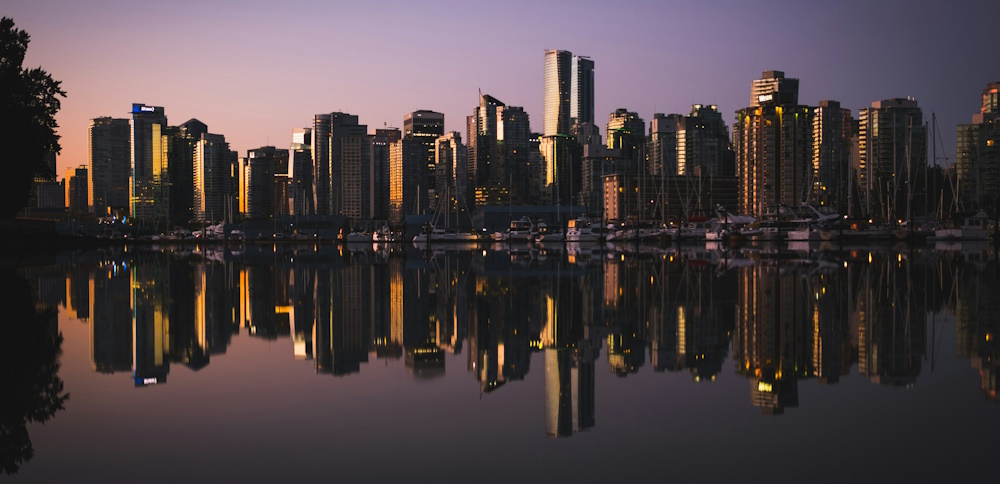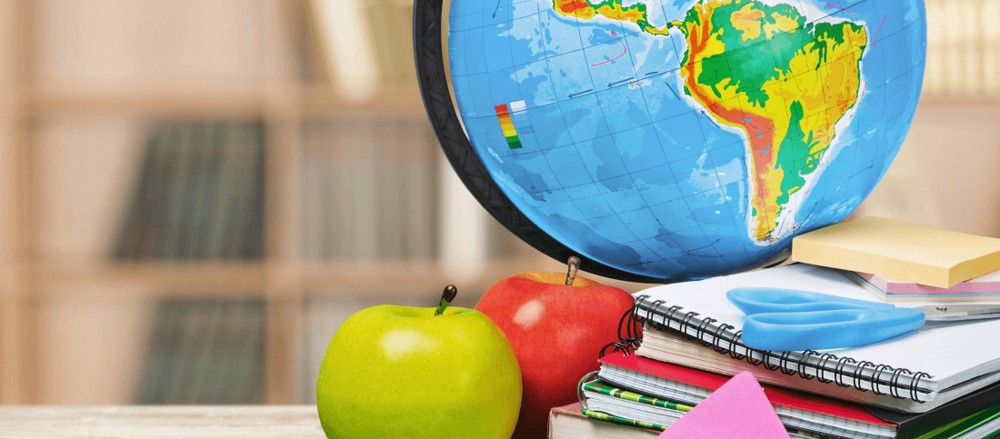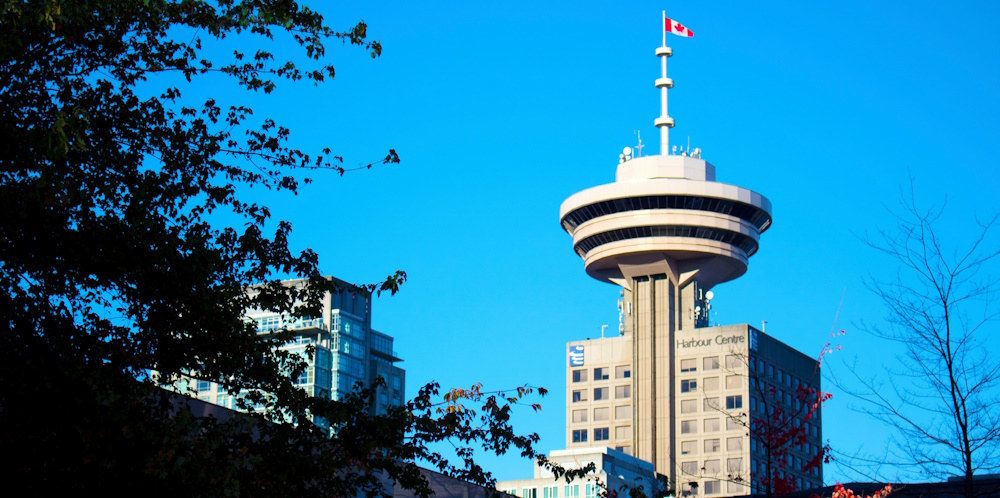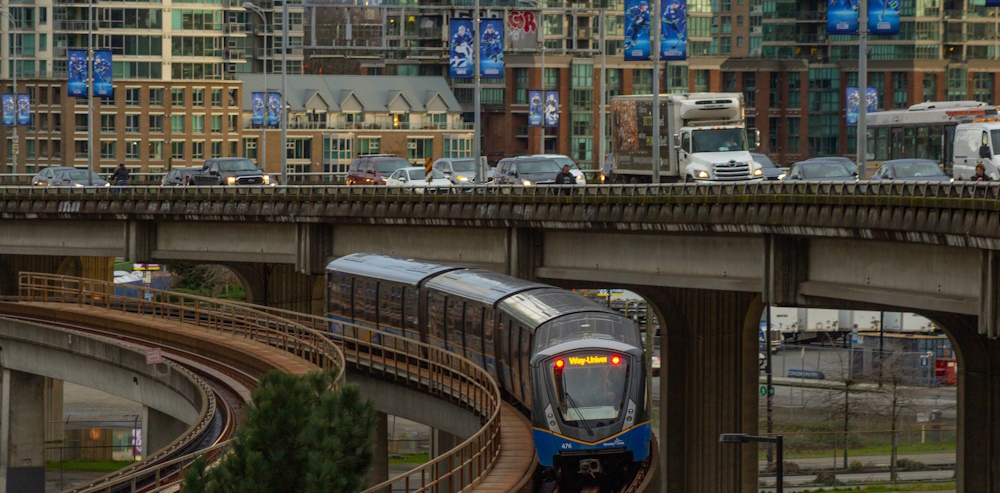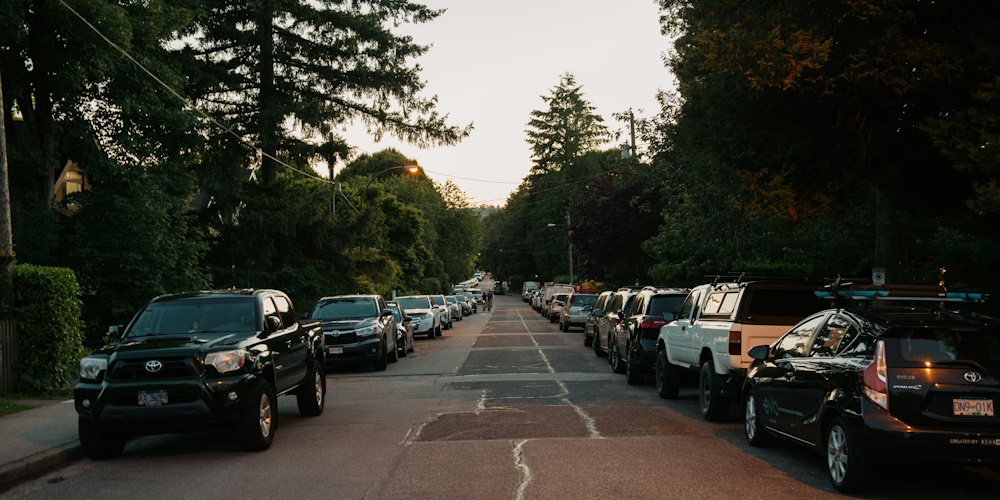Newcomers often feel that it is the snow-capped mountains, lush forests, and mild climate that make Vancouver so enjoyable.
The city occupies a large peninsula surrounded by water on three sides. The green beltways and urban parks provide plenty of outdoor space, while the epic views of the surrounding North Shore Mountain Range are breathtaking. Add to that a thriving economy, and it’s easy to see why so many people choose Vancouver.
Living in Vancouver as an expat
Living in Vancouver as an expat means experiencing a city bustling with a diverse array of cultures. While English speakers remain the largest language group, Vancouver's linguistic diversity is significant. You will hear a variety of languages on the streets, including Cantonese, Mandarin, and Tagalog, which reflects the city's rich multicultural fabric.
You can enjoy an outdoor lifestyle with summer pursuits such as boating, kayaking, swimming, and surfing along the beaches and waterways of Vancouver Island and Burrard Inlet, while winter brings opportunities for skiing and snowboarding.
Vancouver is also one of the world’s food capitals, boasting everything from fine dining and wine lounges to food trucks, and markets and culinary festivals galore. The city has also recently seen an uptick in its nightlife, with new bars, live music venues, and cultural events springing up, particularly in neighbourhoods like Mount Pleasant and Gastown. These areas have become nightlife hubs, featuring a mix of traditional pubs and contemporary lounges.
Of course, one of the biggest reasons for Vancouver’s popularity among newcomers (besides being considered one of the safest societies in the world) is its thriving local economy and abundance of job opportunities, not to mention the city’s great work-life balance.
If you plan to commute to work, you needn’t fret. Vancouver’s transport system is top-notch and consists of buses, ferries, and the SkyTrain, making getting around the city a breeze.
Lifestyle in Vancouver
Job Opportunities in Vancouver
Transport System in Vancouver
Cost of living in Vancouver
Still, not everything is picture-perfect in Vancouver. The cost of living in Vancouver is incredibly high, particularly due to the soaring cost of accommodation. To create a more balanced rental environment, the city has introduced some regulations to control rent increases and protect tenant rights, which can be a welcome relief for newcomers dealing with the rental market.
Vancouver’s neighbourhoods also vary significantly in terms of affordability and quality of life. Areas like the West End and Kitsilano offer high-quality amenities but come with higher living costs. In contrast, East Vancouver and Mount Pleasant provide more affordable housing options while maintaining a lively community atmosphere. When choosing where to live, you should consider factors such as proximity to work, access to public transport, and the community services that are available in the area.
Cost of Living in Vancouver
Accommodation in Vancouver
Families and children in Vancouver
Public education in Vancouver is free for permanent residents and those on work visas, and education in British Columbia is generally excellent across the board. Private and international schools also provide global-standard curricula with expanded extracurricular and advanced placement options.
If you are moving to Vancouver with children, you will also have plenty to enjoy in your leisure time. The city’s natural landscape offers a multitude of outdoor sporting activities. Vancouver’s many green spaces and museums are great places to visit with children. The city has developed additional family-friendly areas in parks like Queen Elizabeth Park and Stanley Park, with interactive installations and picnic zones to make outings even more enjoyable.
Vancouver also provides support systems for expat families to help them settle in. Community centres like the West End Community Centre offer language classes and cultural integration programmes, and expat groups can help connect you with other families and provide useful resources for managing life in the city.
Climate in Vancouver
The climate in Vancouver is classified as a temperate oceanic climate, and it is often considered more enjoyable due to its milder winters and pleasant summers compared to the rest of Canada. Winters are generally mild, with more rainfall than snowfall, and while summers can be hot, they are typically relatively short.
Vancouver's changing seasons provide an ideal setting for both winter and summer activities, making it easy to stay active throughout the year. To handle the wet winter months, residents usually invest in quality waterproof clothing and enjoy indoor activities like museums and workshops. Some even use light therapy lamps to combat seasonal affective disorder.
All in all, most newcomers report that living in Vancouver is a treat, with many taking the plunge and settling permanently.
